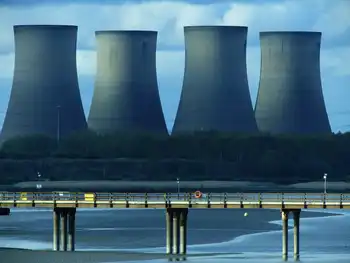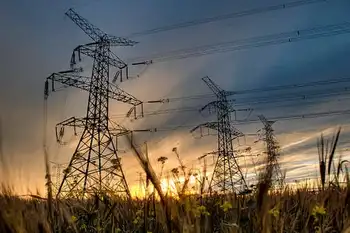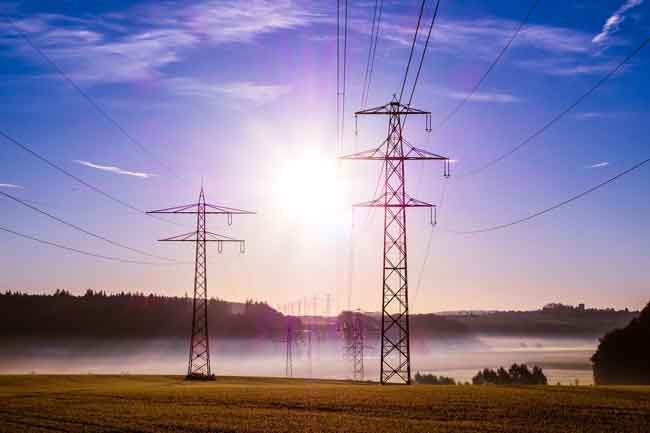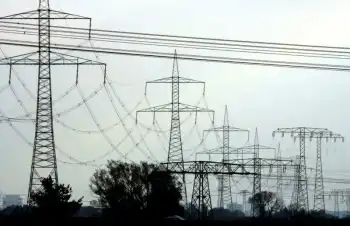Renewable fundraiser at Playboy Mansion
By PR Newswire
CSA Z462 Arc Flash Training - Electrical Safety Essentials
Our customized live online or in‑person group training can be delivered to your staff at your location.

- Live Online
- 6 hours Instructor-led
- Group Training Available
Hosted by the Los Angeles chapter of Entrepreneurs Organization (EO-LA), the EO Business Entertainment Charity event will be held at the Playboy Mansion on September 26 where Hugh Hefner will be presented with an Honorary Lifetime Membership to EO-LA for his entrepreneurial accomplishments.
Over 1,500 EO members from chapters around the globe will be attending along with dignitaries, guests, Playboy Bunnies and celebrity supporters who will be walking the green carpet. Celebrity guests include: music legend Billy Idol, Debbie Matenopoulos (Daily 10), Ashley Rickards (One Tree Hill), Vanessa Lengies (Hawthorne), Prostasio (No Bad Days), NBA star Olden Polynice, Darren Moore (Planet Green), Kim Director (Book of Shadows: Blair Witch 2) and Carla Ortiz (CSI Miami, Shut Up & Shoot), Jason Chambers (Human Weapon), Demian Bichir (Weeds), Frank Le Boeuf (World Cup Champion-France).
EO-LA members and guests are expected to enjoy a night filled with entertainment, a silent auction and live performances by Cirque Berzerk and Ivan Kane's Forty Deuce. KCRW-FM's Raul Campos will spin tunes throughout the evening, the latest TESLA electric vehicles will be on display and Debbie Levin of the Environmental Media Association will be collecting used cell phones, iPhones and Blackberries to help promote sustainable lifestyle choices and a cleaner environment.
IREO was founded in 2008 as a United Nations sponsored organization with the goals of meeting global environmental challenges posed by implementing pilot projects to educate and promote the use of renewable energies around the world. IREO's vision is to build long-term partnerships with communities, governments, the United Nations, the private sector, NGOs, IGOs, academia and think tanks.
EO-LA is a non-profit organization designed to help successful business owners on their path to greater business and personal fulfillment. Membership is extended to entrepreneurs under the age of 50 who have founded and/or own a company grossing a minimum of one million dollars annually. More than 7,000 EO members in 40 countries generate over more than $81 billion annually and employ more than 742,000 employees. The LA chapter of EO is one of the most active and the fastest growing chapter in the United States.











